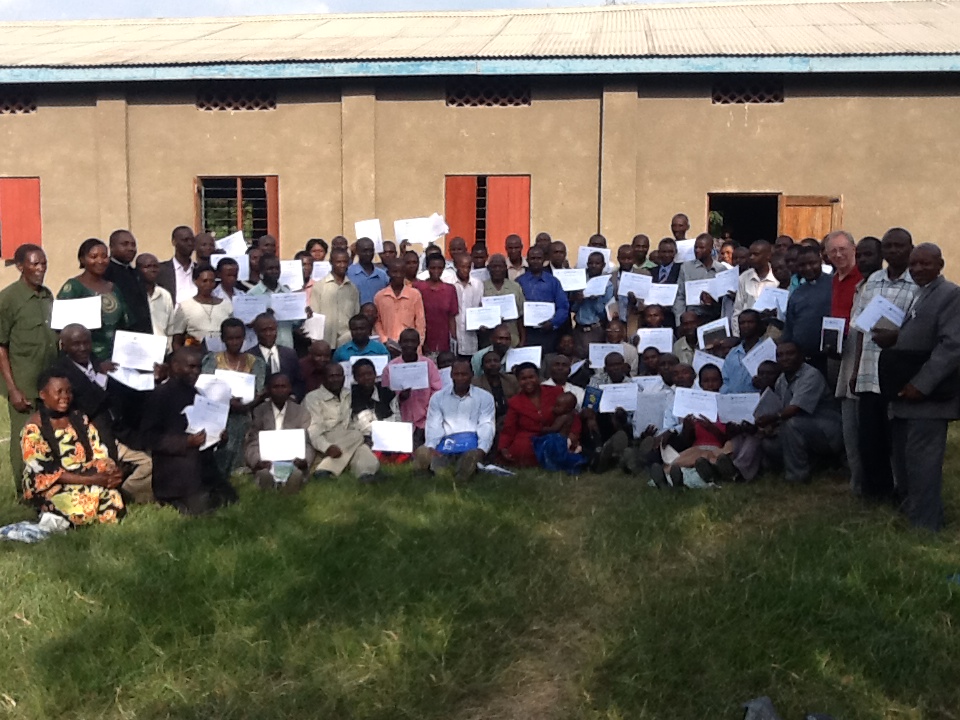from Psychology Today, Oct. 13, 2011, by Susan Heitler Ph.D.:
Energy Therapy Acupoint Tapping: The Best PTSD Treatment?
Vets may quickly find themselves free of PTSD with this new treatment method
PTSD, post traumatic stress disorder, is akin to choking. When food gets stuck during the process of swallowing we call it choking. When the emotions that are raised by an intensely negative experience do not get digested by the mind’s usual means (talking about it, dreaming about it, coming to a way of understanding it that makes it digestible) the negative emotions continue to emerge as quickness to anger, anxiety, marriage problems, flashbacks and other means for a very long time after the triggering incident.
Fortunately, while ptsd symptoms can be long-lasting, new energy psychology treatments can be short to administer and thorough in the relief they bring. Attempts therefore are currently underway to establish these treatment methods as standard procedures for treatment of military-induced ptsd. Still, far too many veteran treatment facilities do not yet use these new techniques.
Acupoint Stimulation: The Tapping Cure
The most intensively researched of the new energy therapies is the group of treatment methods referred to as acupoint stimulation, also known as tapping treatments. Interestingly, the techniques, though usually administered by a mental health professional, can also be self-administered as in this teaching video.
Psychologist David Feinstein PhD conducted an excellent broad metastudy of this research reviewing 3000 studies of tapping techniques. Published in the Review of General Psychology (August 12, 2012), this excellent article focused on the 50 or so studies that met Dr. Feinstein’s criteria for presenting clinical outcomes and having undergone peer review.
Dr. Feinstein concluded that EFT (Emotional Freedom Technique)* and other similar protocols for tapping with fingers on acupoint points successfully released the emotional pain associated with traumatic memories, and did so faster and more comprehensively than most traditional treatment methods:
These studies have consistently demonstrated strong effect sizes and other positive statistical results that far exceed chance after relatively few treatment sessions. Investigations in more than a dozen countries by independent research teams have all produced similar results.
Use of tapping techniques in Europe
From Norway, Mats Uldal wrote in response to initial publishing of this blogpost:
In Norway we have been treating more than 10000 people in my clinic the last 16 years. I have developed a direction of TFT called Simplified TFT with advanced questioning techniques (AQT) and I can wholeheartedly say these techniques work.
I have been doing traumawork on Kosovo war survivers, Katrina survivers in New Orleans, human trafficking survivrs in Moldavia, and violence and poverty survivers in Uganda all as part of a large-scale 2012 study. If you want the best for your clients, free yourself from your sceptisism and try for yourself. When you start using it, tapping proves itself…
The Bottom Line
Energy psychotherapies are to traditional psychotherapy as the alternative physical therapies like acupuncture are to medical treatment. We do not really know how or why they work, but the potency of their healing impacts are clearly evident.
I have written this posting in hopes that all who work with people who have suffered trauma from disasters, including vets and prisoners of war, or who suffer with chronic feelings of anxiety, anger or other negative emotions, will take these new energy psychology healing methods seriously.
*EFT is an offshoot of TFT



 One Person Making a Difference One At A Time – Working with 911 Dispatchers
One Person Making a Difference One At A Time – Working with 911 Dispatchers


